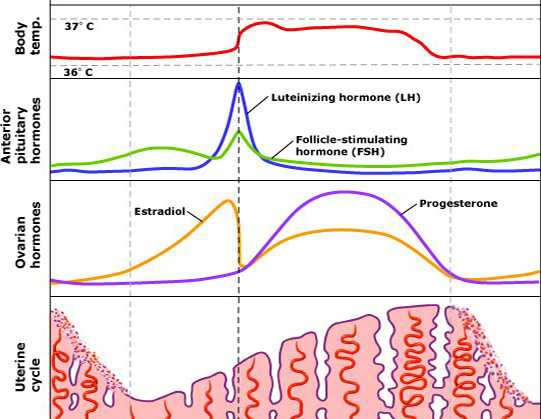Hormone Assay

Why are hormone assays required ?
Infertility treatment takes a holistic approach. A woman's fertility is not perceived merely in terms of mucus, or tubes or ovaries. The complex relationship between the brain, pituitary gland and the ovaries also needs to be studied. It is often essential to measure the levels of the various hormones in the body, which may play a part in the control of ovulation.

What will hormone assays tell the doctor ?
There are certain key hormones that are involved in the whole process of ovulation. These are follicle stimulating hormone (F.S.H.), luteinizing hormone (LH), estrogen and progesterone. In addition, another pituitary hormone called prolactin can interfere with the normal pituitary secretion of F.S.H. Disorders of the thyroid gland can also adversely affect fertility. If, for example, your periods are very infrequent or have even stopped altogether (and you are not pregnant!), assays of prolactin. F.S.H., estrogen and thyroid hormone levels can be very useful in indicating the cause of your problem and thereby suggest a particular line of further investigation or treatment.

Why are hormone assays required ?
Your progesterone level should be at the maximum level at the mid-point of the luteal phase of the cycle, between ovulation and the next period. This is a sign that ovulation had taken place. A low progesterone level at this time of the cycle (about day 21 of a 28 day cycle) indicates that normal ovulation in this cycle has not occurred. This, in turn, may be linked to an inadequate release of both F.S.H. and L.H. from the pituitary gland. A basal body temperature chart with a short luteal phase of less than 11 days may also indicate inadequate progesterone production.

